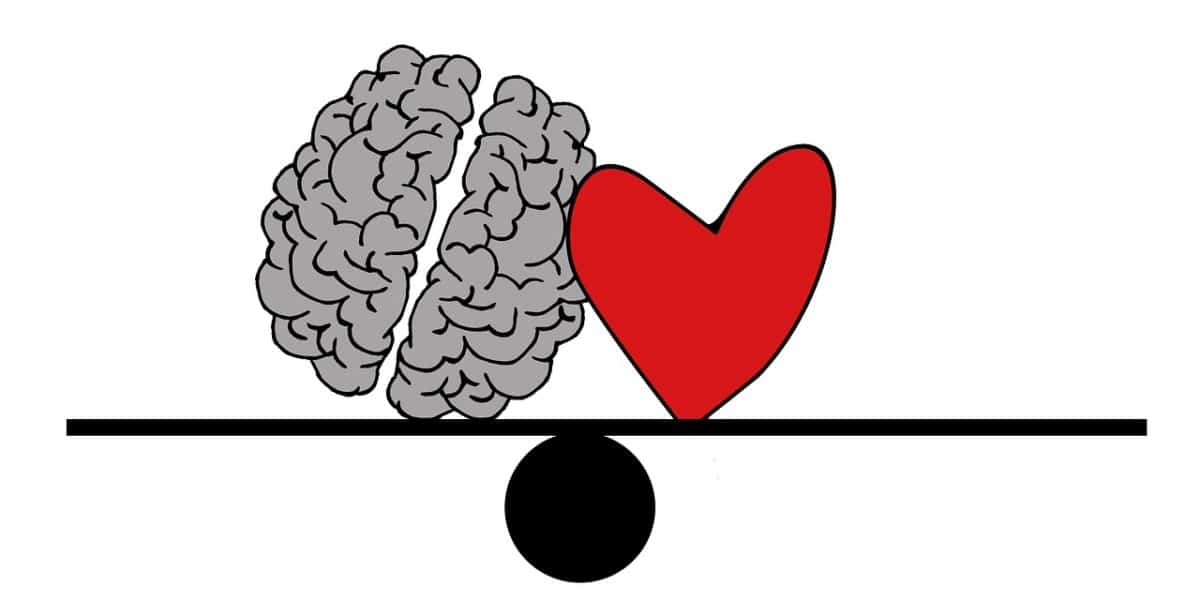- Empty cart.
- Continue Shopping
The Importance of Emotional Intelligence in Relationships

In the complex web of human interactions, emotional intelligence (EI) stands out as a vital attribute for building and maintaining healthy relationships. While intelligence and communication skills are undoubtedly important, emotional intelligence adds a layer of understanding and empathy that can profoundly impact the dynamics of personal and professional relationships.
What Is Emotional Intelligence?
Emotional intelligence, often referred to as EI or EQ (emotional quotient), is the ability to recognize, understand, manage, and effectively use our own emotions while also recognizing, understanding, and influencing the emotions of others. It encompasses a range of skills and competencies, including:
1. Self-awareness:
The capacity to recognize and understand your own emotions, including their causes and effects. Self-aware individuals can accurately assess their strengths and weaknesses.
2. Self-regulation:
The ability to manage and control your emotions in a healthy and constructive way. This involves impulse control, adaptability, and maintaining a positive outlook.
3. Empathy:
The skill of understanding and sensing the emotions of others, often referred to as “putting yourself in someone else’s shoes.” Empathetic individuals can connect with and support others effectively.
4. Social skills:
The ability to navigate social situations, build rapport, and maintain positive relationships. Strong social skills are vital for effective communication and conflict resolution.
The Significance of Emotional Intelligence in Relationships
Emotional intelligence plays a pivotal role in the success and quality of various relationships, including romantic, familial, and professional. Here’s why it’s so crucial:
1. Improved Communication
Effective communication is the cornerstone of any healthy relationship. Emotional intelligence enables individuals to express themselves clearly and to listen attentively to others. It allows for more open and honest conversations, leading to better understanding and connection.
2. Conflict Resolution
Conflicts are inevitable in any relationship. However, individuals with high emotional intelligence are better equipped to handle disagreements constructively. They can manage their emotions during conflicts, stay calm, and find mutually beneficial solutions.
3. Empathy and Understanding
Empathy is the ability to understand and share the feelings of others. It fosters a sense of closeness and connection in relationships. When people feel heard and understood, they are more likely to trust and cooperate with one another.
4. Building Trust
Trust is the foundation of all relationships. Emotional intelligence contributes to trust-building by promoting authenticity, reliability, and consistent communication. When people trust each other, they are more likely to work together and support one another.
5. Emotional Support
Emotionally intelligent individuals can provide emotional support to their loved ones. They can identify when someone is struggling or in need of assistance and offer comfort and guidance.
6. Healthy Boundaries
Emotional intelligence also includes recognizing and respecting personal boundaries. It helps individuals understand when to give space to others and when to offer support, promoting a healthier balance in relationships.
7. Personal Growth
Emotional intelligence is not just about understanding others but also about self-improvement. It encourages self-reflection, self-awareness, and personal growth, which can positively impact relationships.
Developing Emotional Intelligence
The good news is that emotional intelligence is not a fixed trait; it can be developed and enhanced over time. Here are some strategies to nurture and improve your emotional intelligence:
1. Self-Awareness
Start by gaining a deeper understanding of your own emotions. Reflect on your feelings and their triggers. Consider keeping a journal to track your emotional responses in different situations.
2. Self-Regulation
Practice managing your emotions in challenging situations. Learn to pause and take a few deep breaths when you feel overwhelmed. Focus on finding healthy ways to cope with stress and anxiety.
3. Empathy
To enhance your empathy, actively listen to others without judgment. Pay attention to their verbal and non-verbal cues. Try to imagine how they might be feeling in a given situation.
4. Social Skills
Engage in social activities and practice interacting with different people. Join clubs, volunteer, or participate in group activities to develop your social skills. Seek feedback from trusted friends or mentors.
5. Conflict Resolution
When conflicts arise, approach them with an open mind and a willingness to find common ground. Practice active listening and strive for win-win solutions. Avoid blaming or becoming defensive.
6. Continuous Learning
Emotional intelligence is an ongoing journey. Read books, attend workshops, and seek guidance from mentors or therapists to continue developing your EI skills.
In Conclusion, Emotional intelligence is a powerful tool that can significantly impact the quality of your relationships. By fostering self-awareness, self-regulation, empathy, and social skills, you can build stronger connections, navigate conflicts effectively, and contribute to the overall well-being of both yourself and those around you. Developing emotional intelligence is not only a personal growth journey but also a pathway to building healthier, more fulfilling relationships in all aspects of life.








